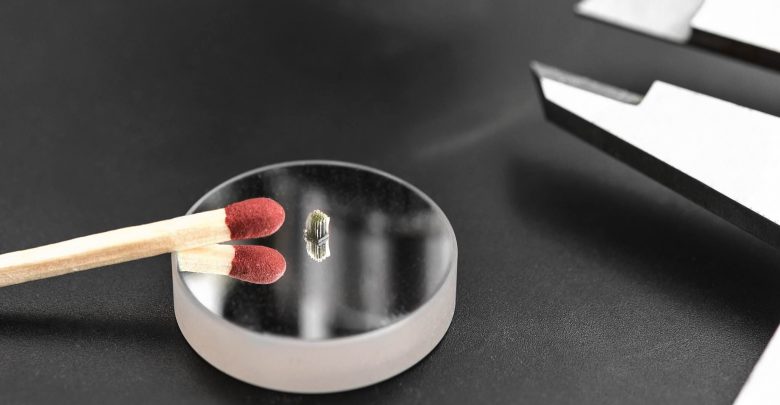To date, key AM platform developers have struggled to achieve a resolution under 50 microns, and the few micro-manufacturing AM technologies that exist are either extremely expensive in terms of machine and per-part costs, extremely slow, or have rigid size limitations.
Israeli startup Nanofabrica has introduced a new micro 3D printing platform that addresses many of the challenges typically associated with nano-printing processes: cost, limited size, speed and mass production. The company says its new platform will open up numerous applications in the areas of optics, semi-conductors, microelectronics, MEMS, microfluidics and life sciences.
Founded in 2016, Nanofabrica set out to develop an additive manufacturing solution to fulfil the growing demand for parts with micron and sub-micron precision brought about by an increasing shift towards miniaturization. Though there are a number of nano 3D printing technologies in existence, the Tel Aviv company wanted to create a solution that was more accessible in terms of cost and, importantly, adaptable for volume production.
The process uses a Digital Light Processor (DLP) engine in combination with adaptive optics to achieve repeatable micron-level resolution. The technology also integrates an array of sensors which enable a closed feedback loop. The company says it is the first to use adaptive optics in a 3D printing system.






